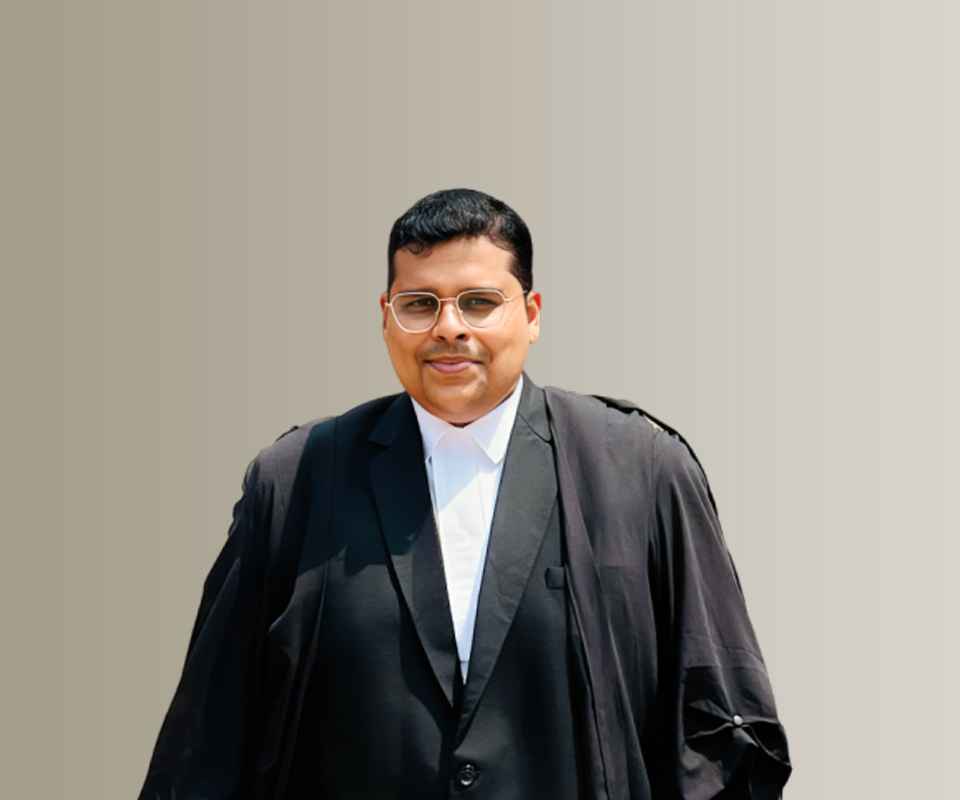Answer By law4u team
Ad hoc and institutional arbitration are two distinct methods of resolving disputes outside of traditional court litigation. While both ad hoc and institutional arbitration have the same objective of resolving disputes through arbitration, they differ in terms of their administration, rules, and procedures. Here are the key differences between ad hoc and institutional arbitration in India: Administration and Management: Ad Hoc Arbitration: In ad hoc arbitration, the parties have greater control over the arbitration process and the selection of arbitrators. They are responsible for managing the arbitration proceedings, including appointing arbitrators, setting procedural rules, and administering the arbitration process themselves. Institutional Arbitration: In institutional arbitration, the arbitration process is administered and managed by a specialized arbitral institution, such as the Indian Council of Arbitration (ICA), the International Chamber of Commerce (ICC), or the London Court of International Arbitration (LCIA). The institution provides administrative support, appoints arbitrators if parties cannot agree, and may have its own set of arbitration rules. Arbitrator Appointment: Ad Hoc Arbitration: In ad hoc arbitration, the parties have the freedom to select arbitrators based on mutual agreement. If the parties cannot agree on arbitrator selection, they may turn to the courts for assistance in appointing arbitrators. Institutional Arbitration: In institutional arbitration, the institution typically maintains a panel of qualified arbitrators and may assist parties in appointing arbitrators if they cannot agree. Some institutions have specific procedures for arbitrator selection, including criteria for qualifications and experience. Procedural Rules: Ad Hoc Arbitration: In ad hoc arbitration, the parties have flexibility in determining the procedural rules that will govern the arbitration process. They may choose to adopt existing arbitration rules, such as the UNCITRAL Arbitration Rules, or develop their own customized rules. Institutional Arbitration: In institutional arbitration, the arbitration process is governed by the rules and procedures established by the arbitral institution administering the arbitration. These rules typically cover various aspects of the arbitration process, including initiation of proceedings, appointment of arbitrators, conduct of hearings, and issuance of awards. Cost and Efficiency: Ad Hoc Arbitration: Ad hoc arbitration may be perceived as more cost-effective, as parties have greater control over the arbitration process and can tailor procedures to suit their specific needs. However, ad hoc arbitration may also be more time-consuming and less efficient, particularly if parties encounter difficulties in managing the arbitration process themselves. Institutional Arbitration: Institutional arbitration offers the advantage of administrative support and expertise provided by the arbitral institution, which can contribute to greater efficiency and smoother conduct of proceedings. However, institutional arbitration may involve higher administrative fees and costs associated with the use of the institution's services. Overall, the choice between ad hoc and institutional arbitration depends on factors such as the complexity of the dispute, the parties' preferences, and considerations of cost, efficiency, and administrative support. Both ad hoc and institutional arbitration have their advantages and disadvantages, and parties should carefully evaluate their options before selecting the appropriate arbitration method for their dispute.









